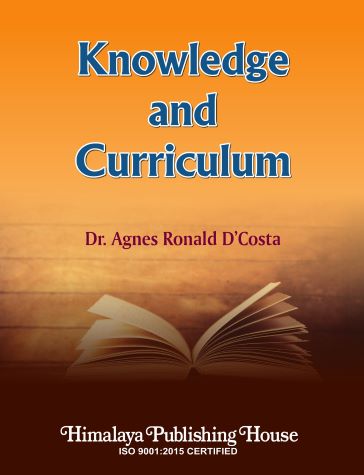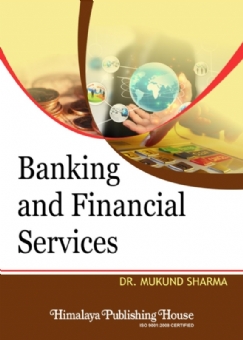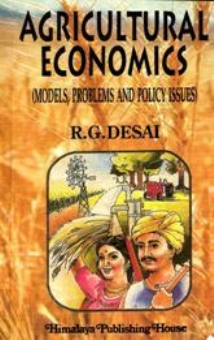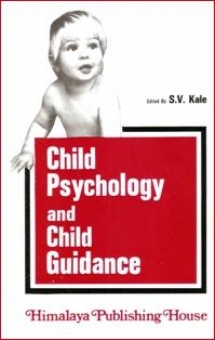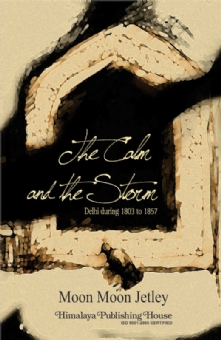The Curriculum Framework for the Two Year B.Ed. Programme, rightly suggested that student-teachers should be encouraged to become reflective practitioners. For this, three interrelated areas were suggested – Perspectives in Education, Curriculum and Pedagogic Studies and Engagement with the Field. One of the courses suggested under Perspectives in Education is “Knowledge and Curriculum”. This course aims at introducing students to perspectives in education and focusing on epistemological and social bases of education. The framework notes that this will help prospective teachers to take decisions about and shape educational and pedagogic practice with greater awareness of the theoretical and conceptual underpinnings that inform it.
The National Curriculum Framework for Teacher Education (NCFTE, 2009) elaborated the context, concerns and vision of Teacher Education and underscored that Teacher Education and school education have a symbiotic relationship, Development in both, Teacher Education and School Education will, therefore, reinforce each other and bring about a qualitative change in the educational scenario. To ensure this quality, it is necessary for all teachers to throughly examine the concepts of knowledge, curriculum, syllabus and textbooks. After all, curriculum is not something that is ‘handed down to teachers’; rather it is something that is ‘created by teachers’. Mindful endeavours will help teachers understand the curriculum and decide the best means to transact the curriculum.
Contents –
1. Understanding the Perspectives of Education
2. Child-centred Education
3. Exploring the Social Context of Education
4. Cultural Context of Education
5. Nationalism, Secularism and Universalism in the Context of Education
6. Curriculum and its Determinants
7. Construction of the Curriculum
8. Engaging with the Curriculum
9. Evaluating the Curriculum
10. Vistas in Education
11. Teacher : The Pivot of the Educational System
12. Autonomy in Education
13. Exemplary Education

